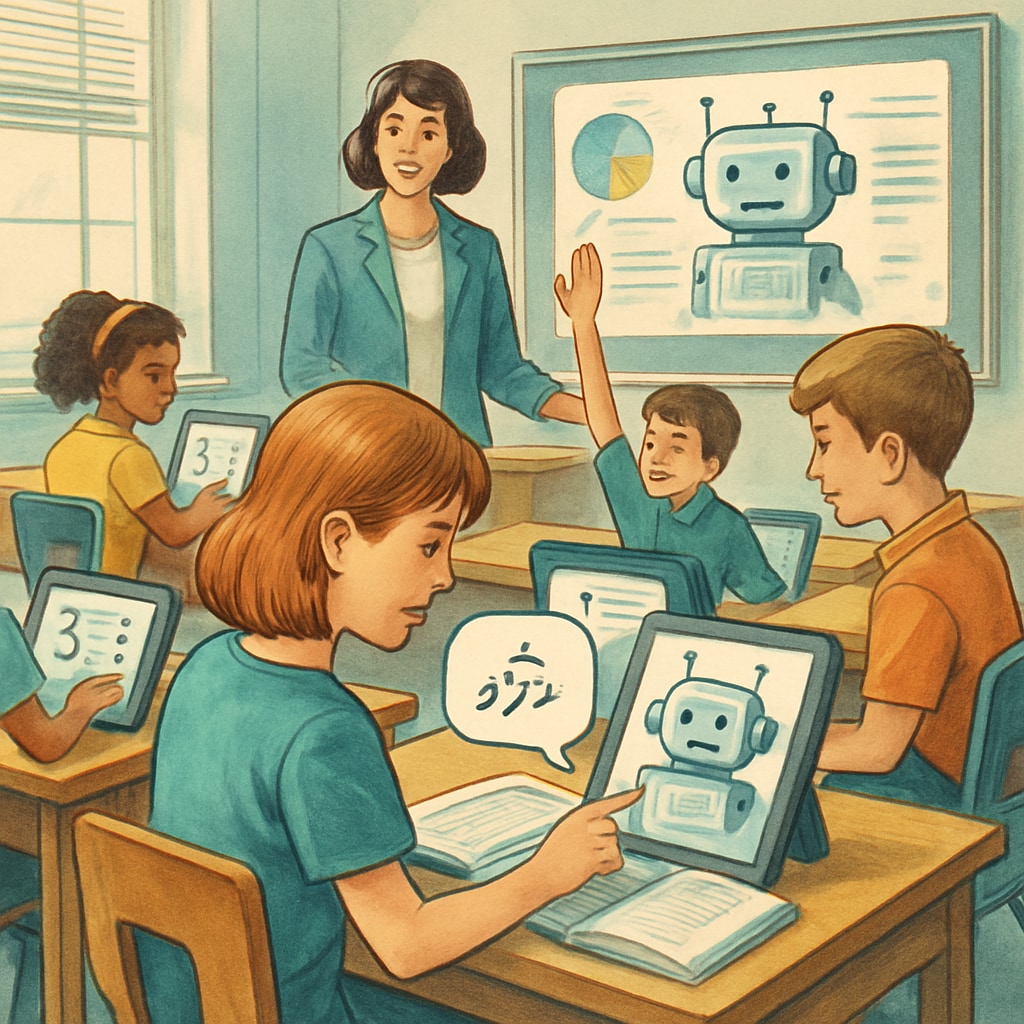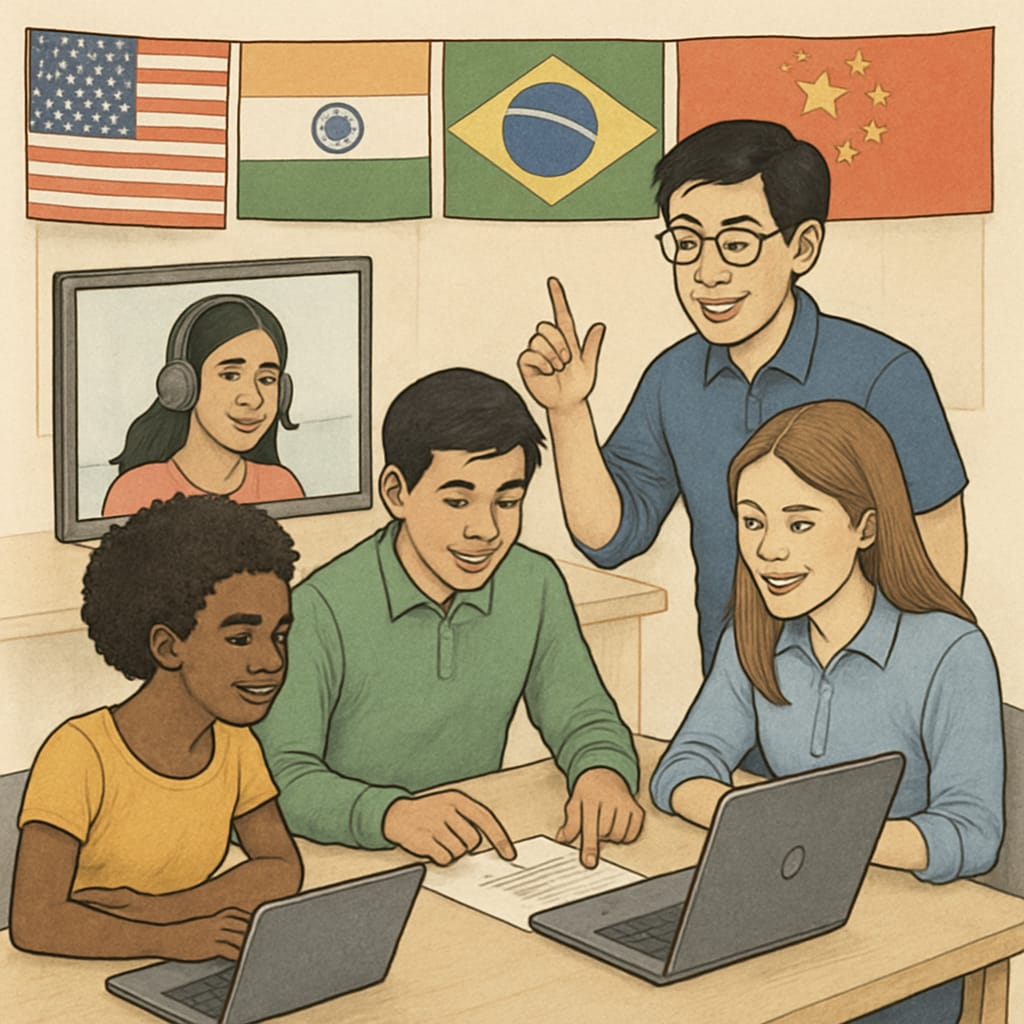Artificial intelligence (AI) and globalization are two powerful forces driving change across the world. By 2030, these forces will redefine the landscape of K12 education, bringing unprecedented opportunities and challenges. As schools prepare for this era of transformation, educators and policymakers must understand the emerging trends and adapt to the future of learning. This article delves into the intersection of AI and globalization, exploring how they are shaping the future of K12 education through innovative teaching methods, personalized learning, and global collaboration.
AI Integration: Transforming Teaching and Learning
Artificial intelligence is making waves in education by automating tasks, enhancing personalized learning, and supporting teachers in delivering high-quality instruction. Adaptive learning platforms, powered by AI, tailor educational content to individual student needs, enabling learners to progress at their own pace. For example, tools like intelligent tutoring systems analyze student performance in real time and adjust lessons accordingly.
Moreover, AI-powered tools are reducing administrative burdens for teachers. Automated grading systems, for instance, allow educators to focus more on engaging with students rather than spending hours on manual tasks. In addition, AI-driven analytics provide actionable insights, helping teachers identify learning gaps and intervene more effectively.

Globalization: Bridging Cultural and Geographical Divides
Globalization is breaking down traditional barriers, creating a more interconnected world. In the context of education, this means greater access to diverse resources and perspectives. By 2030, K12 students will benefit from cross-cultural exchanges and global learning networks, fostering a deeper understanding of different cultures and ideas.
Online platforms and virtual classrooms make it easier than ever for students from different countries to collaborate on projects. For example, a class in the United States could work with peers in India on a science experiment, using video conferencing and shared digital tools. These experiences not only enrich learning but also prepare students for the demands of a globalized workforce.
Additionally, bilingual and multilingual education will become more prevalent as schools incorporate global languages into their curricula. This shift will enhance communication skills and cultural awareness, equipping students with the tools needed to thrive in an interconnected world.

Challenges and Ethical Considerations
While the integration of AI and globalization holds immense potential, it also raises important ethical and logistical concerns. For instance, the digital divide remains a significant challenge, as not all students have equal access to technology and the internet. Addressing this disparity will be crucial to ensure that AI-driven education benefits everyone, not just a select few.
Furthermore, the use of AI in education raises questions about data privacy and security. Schools must implement robust safeguards to protect sensitive student information and prevent misuse. Policymakers and educators must also grapple with ethical dilemmas, such as the role of AI in decision-making and its potential to reinforce biases.
The Path Forward: Human-AI Collaboration
By 2030, the most successful education systems will strike a balance between technology and human interaction. AI will not replace teachers but will serve as a valuable tool to enhance their effectiveness. Human-AI collaboration will allow educators to focus on fostering critical thinking, creativity, and emotional intelligence—skills that machines cannot replicate.
In addition, schools will need to prioritize teacher training to ensure that educators are equipped to use AI tools effectively. Professional development programs should address both technical skills and the pedagogical implications of AI integration.
Ultimately, the combination of AI and globalization offers an opportunity to create a more inclusive, innovative, and globally connected education system. By addressing challenges and embracing new possibilities, we can ensure that the future of K12 education is bright and equitable.
Readability guidance: This article features short paragraphs, clear transitions, and a mix of examples and analysis to maintain reader engagement. Lists and visuals are used to summarize key points effectively, while ethical concerns are addressed to provide a balanced perspective.


